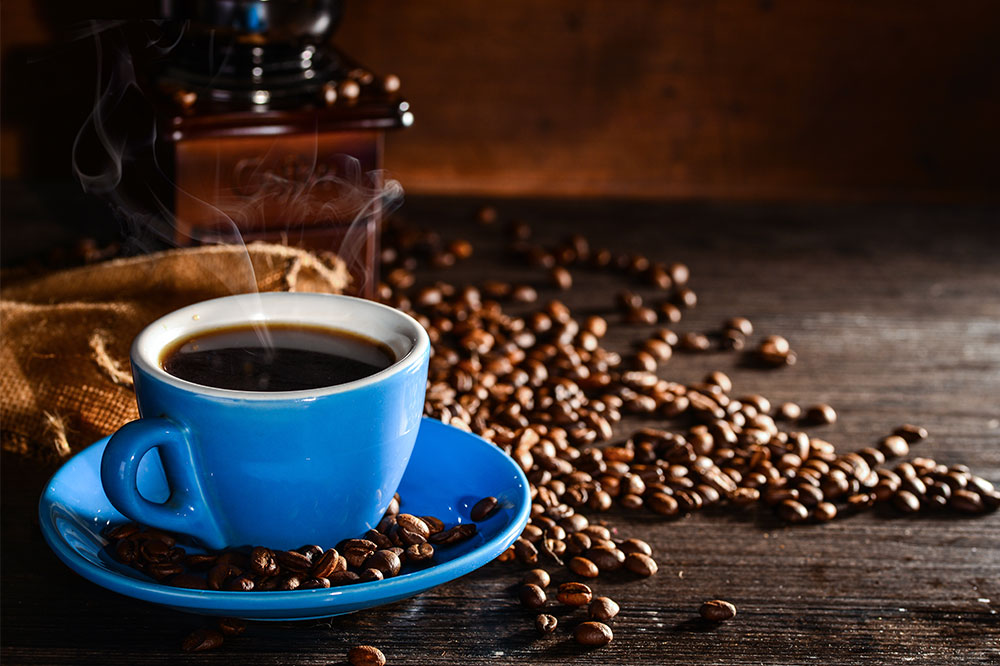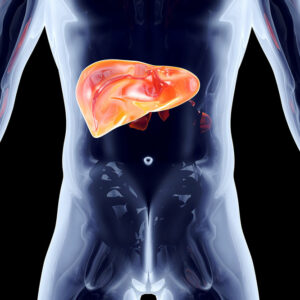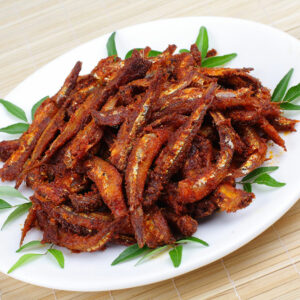Crohn’s disease and ulcerative colitis – Foods to avoid and management options

Inflammatory bowel diseases (IBD) such as Crohn’s Disease and Ulcerative Colitis can make it challenging for people to get the proper nutrition their body needs. However, the body may not digest or absorb the nutrients well, leading to malnutrition and other deficiencies. To avoid these troubles, it is essential to know the foods that can trigger inflammation and lead to flare-ups in people with Crohn’s Disease and Ulcerative Colitis and their treatment options.
Foods to avoid for Crohn’s Disease and Ulcerative Colitis
Some foods can trigger IBD symptoms and worsen inflammation. However, there’s no single chart that applies to every person with IBD. The condition can change over time. To understand current triggers, try to maintain a food diary to help patients track their state over time. Common culprits that may trigger flares of Crohn’s Disease and ulcerative colitis include:
Caffeine
Caffeinated drinks like coffee can worsen Crohn’s and UC symptoms, like diarrhea and stomach pain, by speeding up gut motility.
Carbonated drinks
Carbonation is gassy and can cause bloating, which can be an unpleasant symptom of IBD.
Crunchy nut butter
Nuts are sharp and complex to digest, irritating the lining of the intestines; therefore, opt for smooth nut butter instead.
Popcorn
The thick skin on corn and popcorn can be tough to digest and may even cause cramping for people with IBD.
Sugar-free candies
Sugar-free candies are generally sweetened with artificial sweeteners such as sorbitol, mannitol, xylitol, etc. These can increase gut damage and cause inflammation in people with IBD, such as Crohn’s and UC.
Other foods that can trigger symptoms of Crohn’s and Ulcerative Colitis are dairy products (for people with lactose intolerance), dried beans, peas, legumes, dried fruits, raw fruits and vegetables, seeds, spicy foods, and foods with high-fiber content. It is best to avoid these during flares. However, getting well-rounded nutrition from different food sources during remission is essential.
Treatment options for Crohn’s Disease and Ulcerative Colitis
Although there is no cure for Crohn’s or Ulcerative Cospecificcertain therapies can help manage the symptoms, especially during flare-ups. They are:
Anti-inflammatory treatments such as corticosteroids and Oral 5-aminosalicylates.
Immune system suppressors reduce inflammation and target the immune system.
Biologics target proteins made by the immune system.
Antibiotics reduce the drainage from fistulas and abscesses and promote healing.
Antidiarrheals or fiber supplements can help people get relief from mild-to-moderate diarrhea.
Pain relievers, vitamins, and supplements.
Final words
Doctors may prescribe one or a combination of these therapies to help people with Crohn’s Disease or Ulcerative Colitis manage their symptoms. In more severe cases, nutrition therapy or surgery may be suggested. Nutrition therapy involves the transmission of nutrients to the body using a feeding tube or via infusion through a vein.
If none of these therapies work, the doctor may prescribe surgery, during which the surgeon removes the damaged portion of the digestive tract and reconnects the healthy portions. While this does not cure the disease, it may help minimize symptoms when combined with other therapies in the long term.



